The Character Cure®
Products and services dedicated to promoting change through character development.
Learn MoreBook available on:


2,400 years ago Aristotle made the argument that a person's character is the only thing that can produce permanent and stable happiness. Character development is a critical component of the cure for personal unhappiness, debilitating anxiety, and societal ills. Learning resources available on the Character Cure website are based on the following claims.
The habits that make up a noble character yield an inherent pleasure.
Character gives us resilience and the capacity to manage adversity gracefully.
Building character is essential in our efforts to create vibrant and peaceful communities.
While we have limited control over what happens to us, we have tremendous control over the development of our character.
The original Character Cure podcast series explores four cornerstone virtues for a more fulfilling life: practical wisdom, courage, self-mastery, and justice. After making the connection between happiness and character, each of the remaining podcasts includes a summary of Aristotle's thoughts on a particular virtue, relevant social science, historical figures who exemplify that virtue, and practical tips on how to cultivate the virtue in contemporary life.
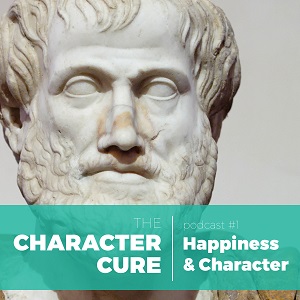
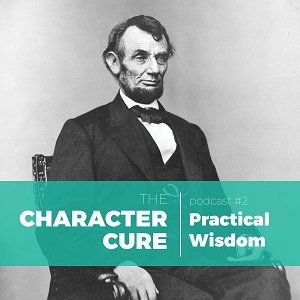
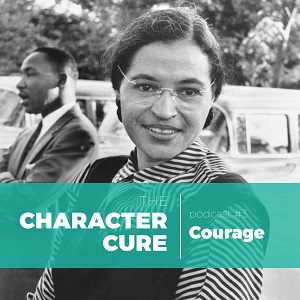
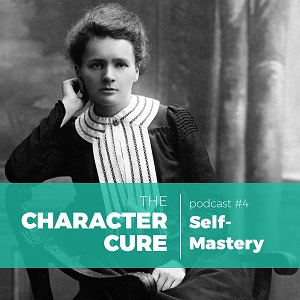
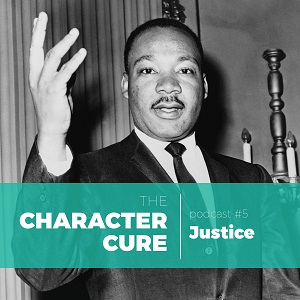
As an ethics consultant, my mission is to empower organizational leaders with the wisdom to weave uncompromising ethical standards into the fabric of their businesses. My educational background includes a PhD in Ethics from Claremont Graduate University and a master's degree in theology from Harvard. As a college instructor, I taught courses in academic writing, ethics, and religion. I have also worked for many years in the corporate business world, designing online courses on office productivity software and IT certification. As a lifelong educator and a father of six children, I'm dedicated to promoting a robust form of character development at home and in the workplace. I help leaders craft ethical codes of conduct, design and implement ethics and compliance programs, and provide character and ethics training for employees.
To begin a discussion about my consulting services, please email: paul@charactercure.com
The Character Cure podcasts draw from sources in philosophy, history, literature, and the social sciences.